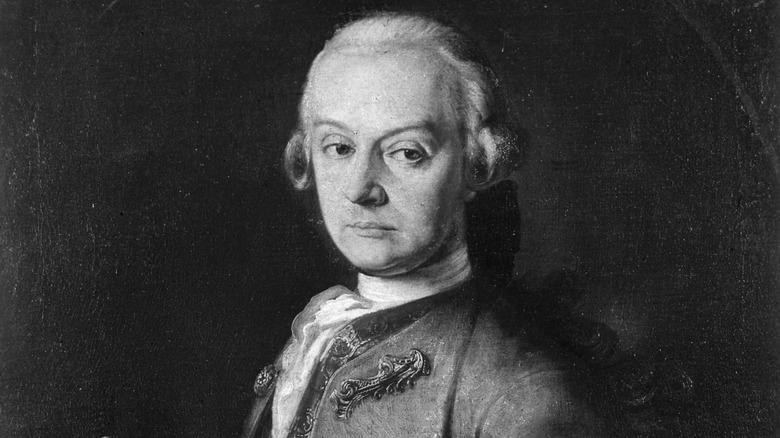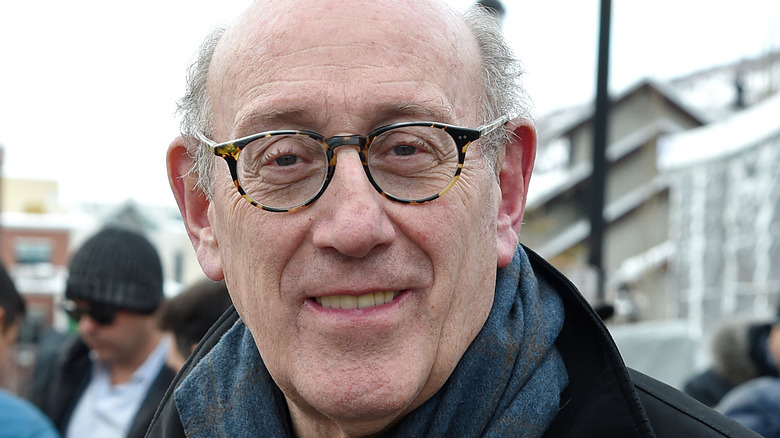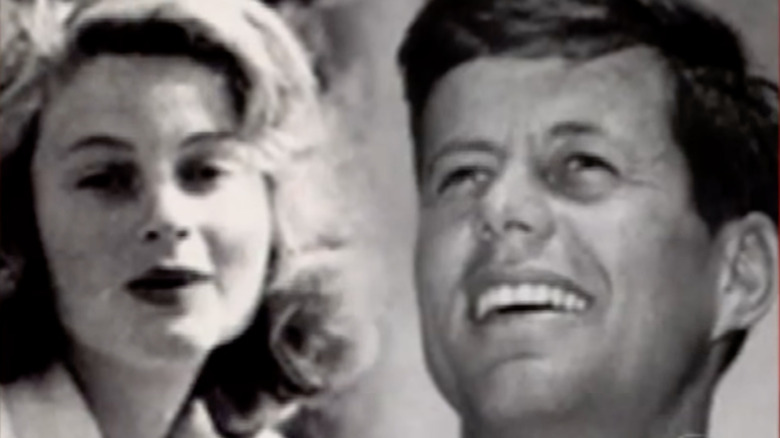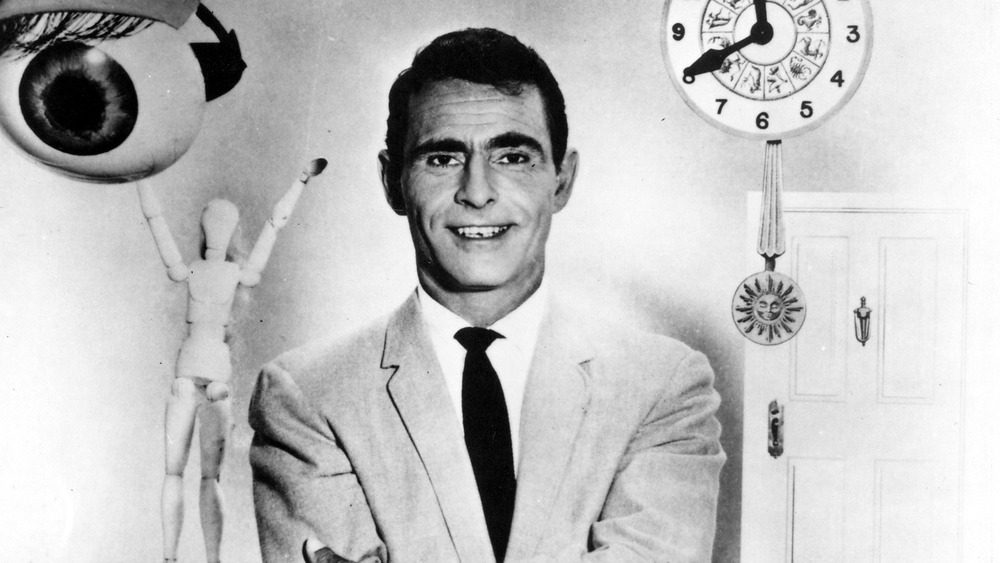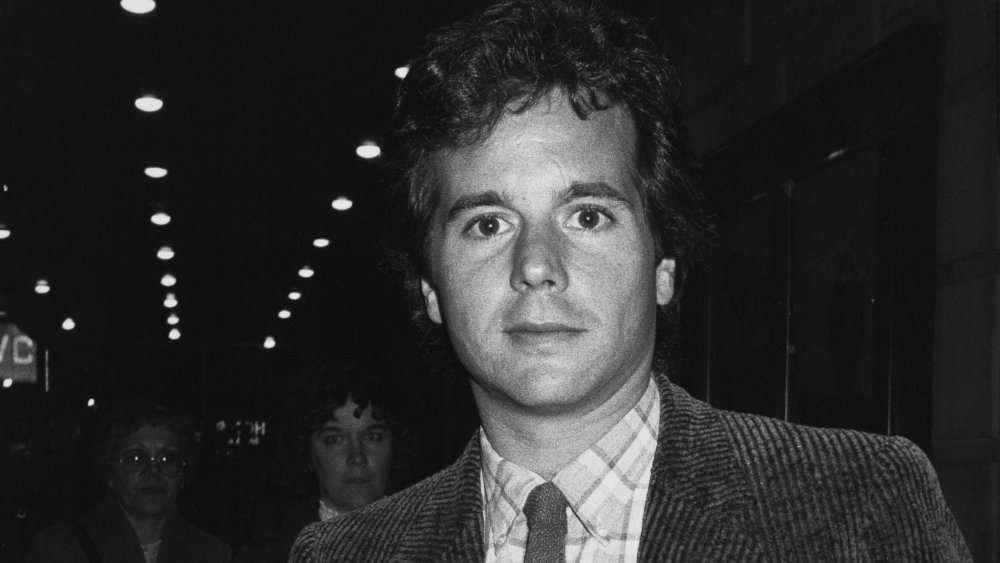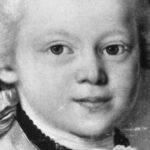
The Shady Truth About Mozart’s Father
Wolfgang Amadeus Mozart is not only one of the most famous classical music composers of all time, he is also well-known for having been a child prodigy. Born in Salzburg, Austria, in 1756, per the Redlands Symphony blog, he began showing evidence of his extraordinary abilities at a very young age.
His father, Leopold Mozart, recognized his son’s talents and jumped at the chance to become what would today be referred to as a stage parent. Wolfgang started playing the violin and harpsichord at just 3 years old and was proficient by age 5. At that point he also began creating his own compositions, which Leopold would help him write down. He referred to his son as “the miracle which God let be born in Salzburg.” Wolfgang’s older sister Maria Anna, nicknamed Nannerl, also showed talent at a very young age, and when Wolfgang was 6 and Nannerl was 10, Leopold put aside his own composing efforts and took his children on a tour of Europe that lasted over three years. The children played for royal patrons around the continent, and Leopold would be paid in jewelry and other expensive items.
In 2006, The New Yorker discussed the tendency of Mozart biographies to discuss his father as an overbearing, abusive figure. Biographer Maynard Solomon referred to Leopold’s “erotically tinged drive to dominate,” and Leopold supposedly got particularly controlling and manipulative when Wolfgang became a teenager, at one point writing, “Your whole intent is to ruin me so you can build your castles in the air.”
Was Leopold Mozart abusive or just strict?
Per The New Yorker, another Mozart biographer, Ruth Halliwell, argued that Leopold’s behavior was necessary for his son to become a success, and that the long tours and instruction in the practical aspects of making a living as an artist were a necessary part of Mozart’s life and career. Nevertheless, it’s disturbing to read passages from Maynard Solomon’s book “Mozart: A Life” in which Leopold is discussed as allegedly forcing his son upon the world as a miracle prodigy and seeing Wolfgang’s love of fun and joy as something to be controlled and even discouraged in favor of discipline and constant work. There might be too many modern examples of child stars who were pushed to extremes by overbearing parents to not find the story of Leopold and his treatment of Wolfgang more than a little disturbing.
According to Mozart.com, Wolfgang broke away from his father’s influence as he got older. When he was 21, he declined a position his father had obtained for him at the court of Salzburg’s prince-archbishop. “Salzburg is not a place for my talent … The archbishop could not pay me enough for the slavery in Salzburg,” he wrote. Despite this ongoing professional and personal tension, the men reportedly stayed close until Leopold’s death in 1787.
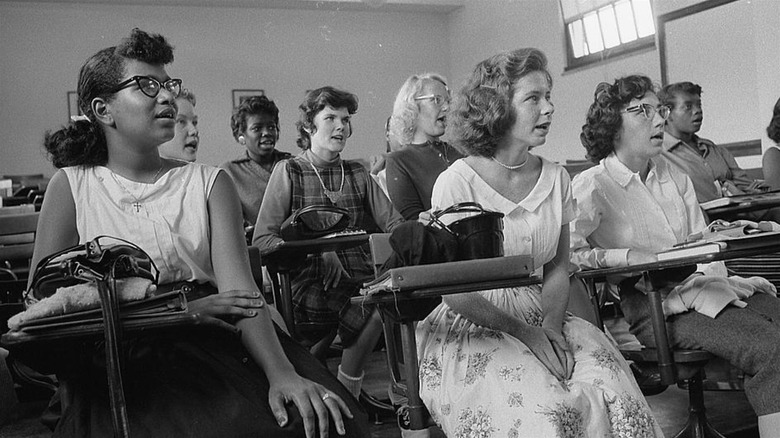
What It Was Really Like Being A Black Student In An Integrated School
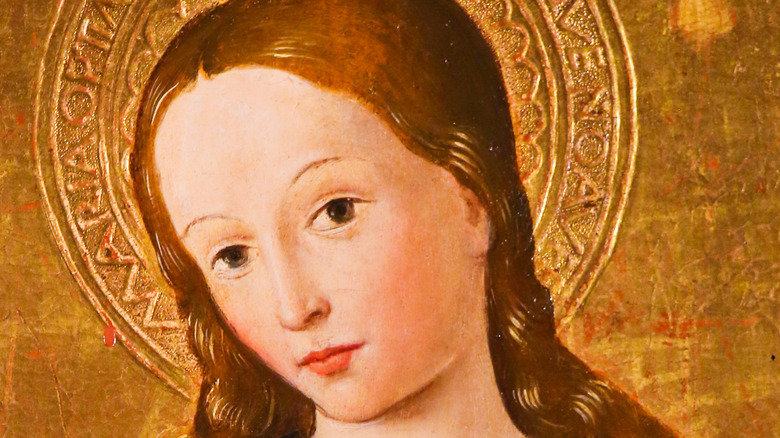
The Mary Magdalene Theory That Would Change Everything
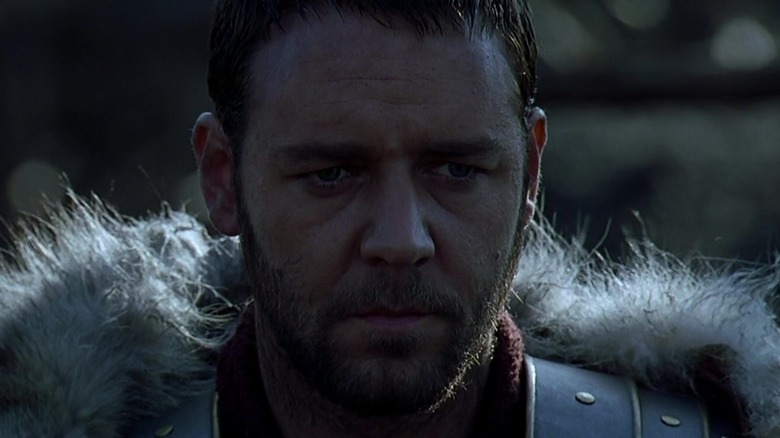
Things Gladiator Got Right About History
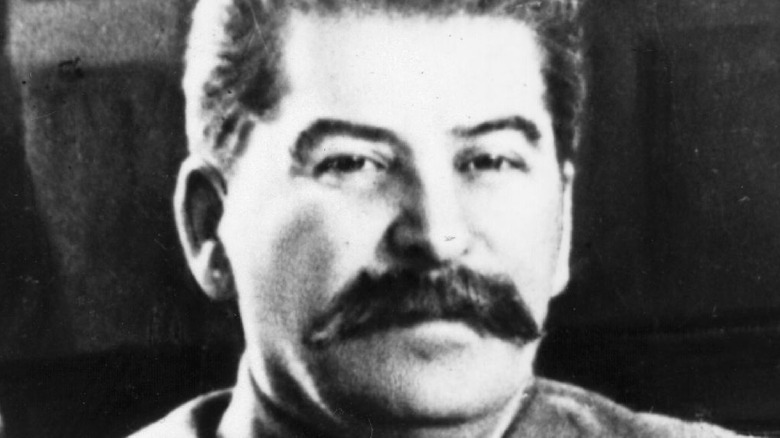
The Truth About The Mass Grave From Stalin's Great Purge

The Real Reason Paul Is Sometimes Called Saul In The Bible
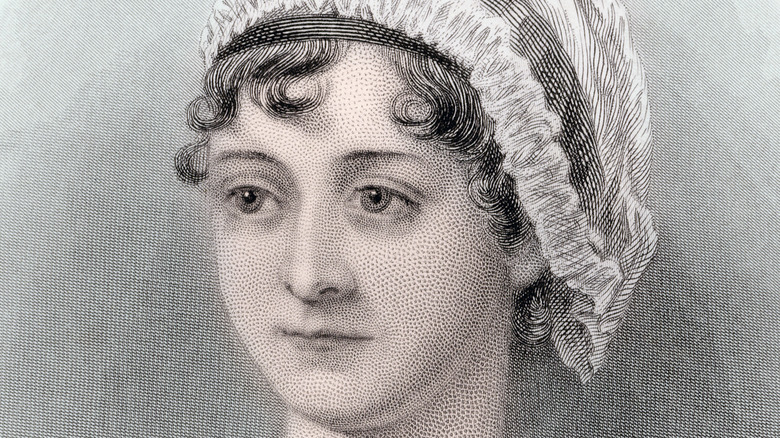
The Tragic Death Of Jane Austen

The Reason The Freeway Phantom Has Been Hard To Catch

How Todd Kohlhepp's Arrest Closed Two Unsolved Cases
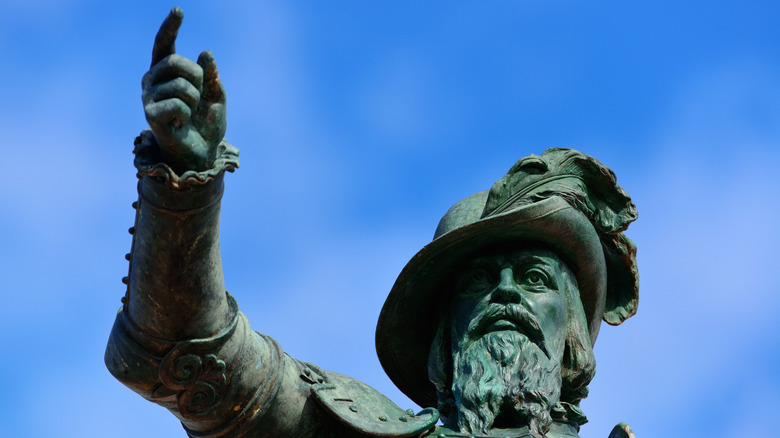
A Look At Ponce De Leon's Feud With Christopher Columbus' Son
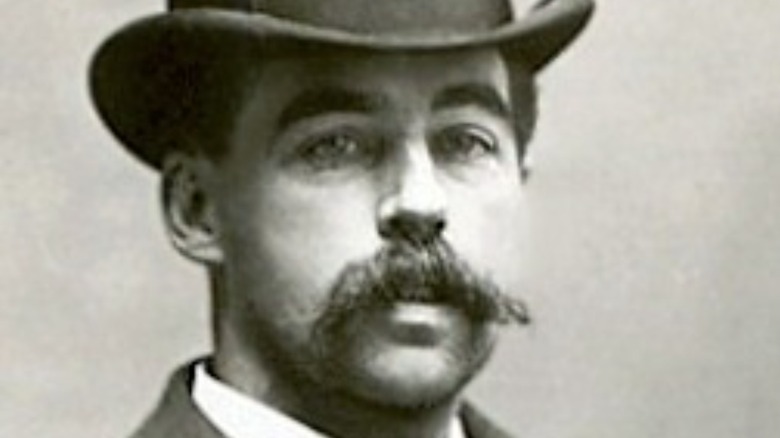
Details You Didn't Know About H.H. Holmes' Murder Castle
